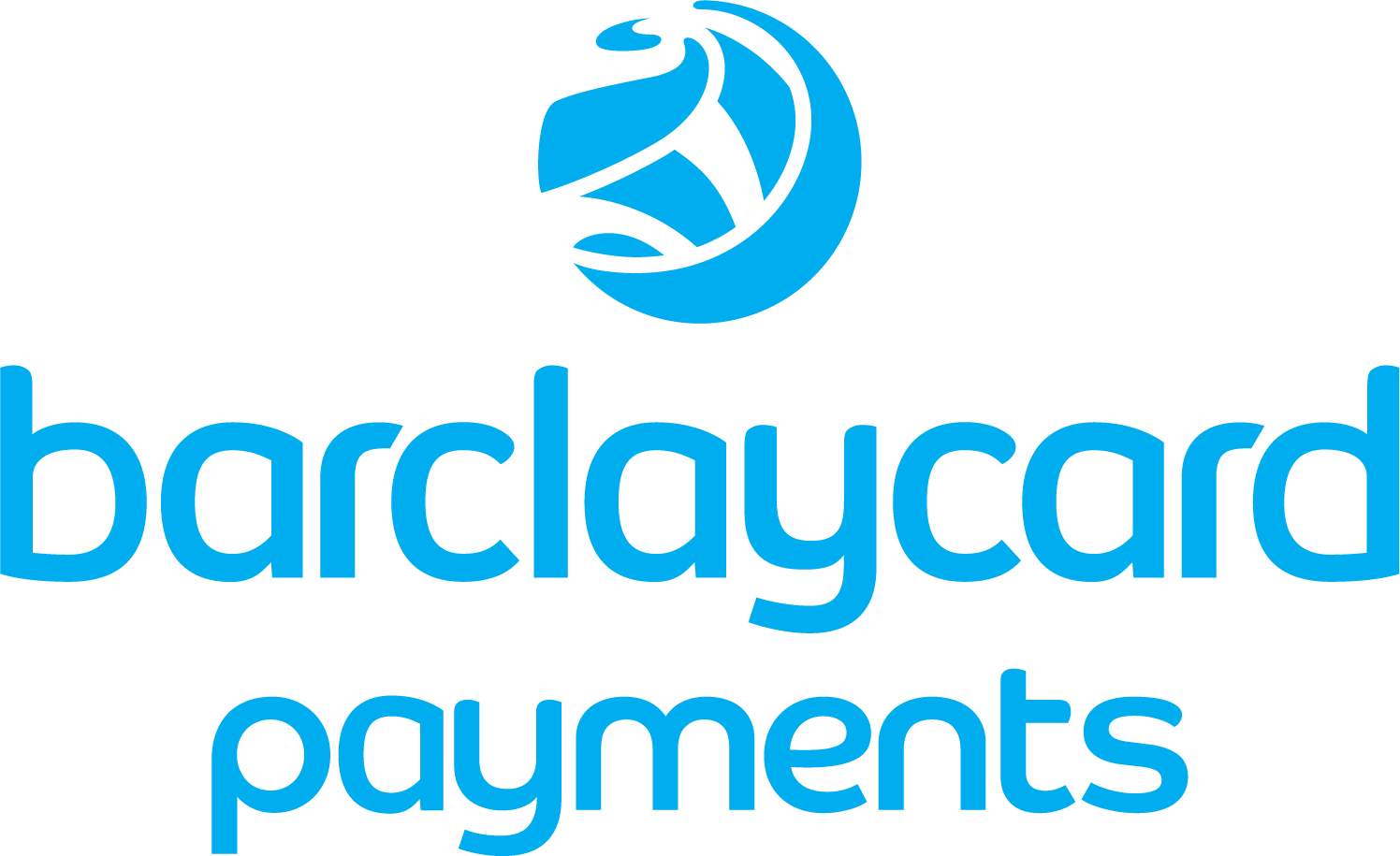- Accept card payments – lowest rates from 0.27%
- Keep your card processing fees to a minimum
- Direct access to the UK’s leading card processing banks
- We ensure your rates always remain competitive
No spam emails or calls
Choose from the payment methods then click Next
What's your turnover each month?
Enter the name of your company
Enter your company's postcode and contact number






Merchant Acquirers
Merchant Acquirers
Acquiring Banks UK: The Backbone of Payment Processing for Merchants
In the fast-paced world of commerce, the ability to accept payments seamlessly is crucial for businesses of all sizes. Whether it’s a small business selling handmade crafts or a multinational corporation processing thousands of transactions daily, the role of merchant acquirers is indispensable. In the UK, acquiring banks and payment processors play a pivotal role in enabling businesses to process payments efficiently, securely, and cost-effectively. This essay explores the functions of merchant acquirers, their importance in the payment ecosystem, and how they help businesses thrive in an increasingly digital economy.
What Are Merchant Acquirers?
Merchant acquirers, also known as acquiring banks or simply acquirers, are financial institutions or payment processors that enable businesses to accept payments from customers. They act as intermediaries between the merchant’s account and the cardholder’s bank (issuing bank), facilitating the transfer of funds during a transaction. In the UK, merchant acquirers work with card networks like Visa, Mastercard, and American Express to ensure that payments are processed smoothly.
When a customer makes a purchase using a credit card or debit card, the acquirer steps in to authorise the transaction, verify the cardholder’s account, and ensure that the funds are transferred from the cardholder’s bank to the merchant’s bank. The cardholder’s account plays a crucial role in this process, as it is managed by the issuing bank to authorize transactions, manage funds, and provide customer support. This process involves multiple steps, including fraud detection, security protocols, and dynamic currency conversion for international transactions. The merchant’s account is equally important, as it is managed by acquiring banks to ensure that funds are deposited correctly and transactions are secure. Merchant acquirers handle the complexities of payment frequencies and fraud risks, ensuring compliance with industry standards, particularly in contexts like online transactions in sectors such as travel. Without merchant acquirers, businesses would struggle to accept payments, especially in an era where online payments and alternative payment methods are becoming increasingly popular.

The Role of Acquiring Banks in the UK
Acquiring banks in the UK are at the heart of the payment processing ecosystem. They provide the infrastructure and services necessary for businesses to accept credit card payments, debit card payments, and other forms of electronic payments. These banks work closely with payment gateways, payment processors, and independent sales organisations to offer a comprehensive suite of merchant services.
One of the primary functions of an acquiring bank is to manage the merchant’s account, which is where funds from card transactions are deposited. The acquirer also handles transaction fees, processing costs, and other fees associated with payment processing. For businesses, choosing the right acquirer is critical, as it can impact transaction costs, authorisation rates, and the overall efficiency of their payment solutions.
UK merchant acquirers are known for their competitive rates and value-added services, such as fraud prevention tools and in-store payment solutions. These services are particularly important for small businesses, which may lack the resources to implement robust security protocols or negotiate lower fees with card networks. By partnering with a reliable acquirer, businesses can focus on growing their operations while leaving the complexities of payment processing to the experts.
Types of Merchant Acquirers
Merchant acquirers come in various forms, each catering to different business needs and sizes. Understanding the types of merchant acquirers can help businesses choose the right partner for their payment processing needs.
- Traditional Acquirers: These are well-established banks and financial institutions that have been providing merchant acquiring services for many years. They offer a wide range of payment solutions, including credit card payments, debit card payments, and other electronic payment methods. Traditional acquirers have a strong network of merchants and are known for their reliability and comprehensive service offerings.
- Fintech Acquirers: In recent years, technology-driven companies have entered the payment processing space, offering innovative solutions and competitive pricing. These fintech acquirers leverage advanced technology to provide seamless payment services, often integrating with other financial tools and platforms. They are particularly attractive to businesses looking for cutting-edge payment solutions and lower transaction fees.
- Independent Sales Organizations (ISOs): ISOs are third-party companies that act as intermediaries between merchants and acquirers. They provide sales and customer support services, helping businesses set up and manage their merchant accounts. ISOs often work with multiple acquiring banks, giving merchants access to a variety of payment processing options and competitive rates.
- Payment Facilitators: These companies provide payment processing services to merchants without holding a direct relationship with the card schemes. Payment facilitators offer simplified payment solutions, making it easier for small businesses and startups to accept payments. They often provide competitive pricing and streamlined onboarding processes, making them an attractive option for businesses looking to get up and running quickly.
How Merchant Acquirers Facilitate Global Payments
In today’s interconnected world, businesses are no longer confined to their local markets. With the rise of e-commerce and global payments, merchants are increasingly looking to expand their reach and cater to customers in multiple currencies. Merchant acquirers play a crucial role in enabling this expansion by offering payment solutions that support international transactions.
For example, dynamic currency conversion allows customers to pay in their local currency, while the merchant receives funds in their preferred currency. This not only enhances the customer experience but also reduces the risk of currency fluctuations. Additionally, acquirers work with card networks like Visa, Mastercard, and American Express to ensure that cross-border transactions are processed efficiently and securely.
However, international transactions often come with higher fees and hidden fees, which can eat into a merchant’s profits. This is where the expertise of a trusted acquirer comes into play. By negotiating competitive rates and offering transparent pricing, acquirers help businesses minimise transaction costs and maximise their revenue.
How Merchant Acquirers Work
Merchant acquirers play a crucial role in facilitating card transactions between merchants and cardholders. Here’s a step-by-step look at how they work:
- Merchant Application: The process begins when a merchant applies for a merchant account with an acquirer. The merchant provides necessary documentation and information, such as business details and financial history.
- Account Setup: Once the application is approved, the acquirer sets up the merchant account. This includes providing the necessary payment solutions, such as payment gateways and card terminals, to enable the merchant to accept card transactions.
- Transaction Processing: When a cardholder makes a purchase, the merchant submits the transaction to the acquirer for processing. This involves capturing the transaction details and sending them to the acquirer.
- Authorization: The acquirer sends the transaction details to the card scheme (e.g., Visa, Mastercard) for authorization. The card scheme then communicates with the cardholder’s bank to verify the transaction. If approved, the card scheme sends an approval message back to the acquirer.
- Settlement: After authorization, the acquirer settles the transaction by transferring the funds from the cardholder’s bank to the merchant’s account. This process ensures that the merchant receives the payment for the transaction.
- Reconciliation: The acquirer provides the merchant with a statement of transactions, including fees and charges. This helps the merchant reconcile their accounts and understand the costs associated with payment processing.
The Importance of Fraud Prevention and Security
As the volume of online payments continues to grow, so does the risk of fraud. Merchant acquirers play a critical role in safeguarding businesses and their customers from fraudulent activities. Through advanced fraud detection systems and security protocols, acquirers help prevent unauthorised transactions and protect sensitive customer data.
Fraud prevention tools offered by acquirers include real-time transaction monitoring, address verification systems, and 3D Secure authentication. These tools not only reduce the risk of chargebacks but also enhance the trust payments ecosystem, ensuring that customers feel confident when making purchases.
For businesses, the cost of fraud can be devastating. Chargebacks, processing costs, and reputational damage are just a few of the consequences of inadequate fraud prevention measures. By partnering with an acquirer that prioritises security, businesses can mitigate these risks and focus on delivering value to their customers.
Transaction Fees and Pricing
Merchant acquirers charge various fees for their services, which can impact a business’s bottom line. Understanding these fees is essential for selecting the right acquirer and managing transaction costs effectively.
- Transaction Fees: These are typically a percentage of the transaction amount, ranging from 0.5% to 3.5%. Transaction fees are charged for each card transaction processed by the acquirer.
- Fixed Fees: In addition to transaction fees, acquirers may charge a flat fee per transaction. This fee often ranges from £0.10 to £0.30 and is applied regardless of the transaction amount.
- Monthly Fees: Many acquirers charge a recurring monthly fee for the use of their payment services. This fee can range from £10 to £50 and covers the cost of maintaining the merchant account and providing ongoing support.
- Interchange Fees: These fees are paid by the acquirer to the card scheme for each transaction. Interchange fees typically range from 0.2% to 2.0% and are a significant component of the overall transaction cost.
- Scheme Fees: Similar to interchange fees, scheme fees are paid by the acquirer to the card scheme for each transaction. These fees usually range from 0.1% to 1.0% and contribute to the total cost of processing card transactions.
Merchants should carefully review the pricing and fees associated with a merchant acquirer before selecting a provider. It’s essential to consider the total cost of ownership, including transaction fees, fixed fees, and monthly fees, to ensure the best value for your business. By understanding these costs, businesses can make informed decisions and choose an acquirer that aligns with their financial goals.
The Evolution of Payment Solutions
The payment processing industry has undergone significant changes in recent years, driven by advancements in technology and changing consumer preferences. Traditional payment methods like cash and cheques are being replaced by digital payment solutions, including mobile payments, contactless payments, and alternative payment methods such as PayPal and Apple Pay.
Merchant acquirers have adapted to these changes by offering innovative payment solutions that cater to the needs of modern businesses. For example, many acquirers now provide one platform that integrates payment gateways, fraud prevention tools, and value-added services. This allows businesses to manage all aspects of their payment processing on a single platform, streamlining operations and reducing complexity.
Fintech companies have also entered the payment processing space, offering competitive rates and cutting-edge technology. These companies often partner with acquirers to provide businesses with access to the latest payment solutions, such as in-store payment solutions and software company integrations. As a result, businesses can offer their customers a seamless payment experience, whether they are shopping online or in-store.
Choosing the Right Acquirer for Your Business
With so many options available, choosing the right acquirer can be a daunting task. Businesses must consider factors such as transaction fees, processing costs, and the range of services offered. It’s also important to evaluate the acquirer’s reputation, customer support, and ability to handle high volumes of transactions.
For small businesses, working with an acquirer that offers competitive rates and transparent pricing is essential. Hidden fees and higher fees can quickly erode profits, making it difficult for businesses to remain competitive. Additionally, businesses should look for acquirers that offer value-added services, such as fraud prevention tools and dynamic currency conversion, to enhance their payment solutions.
Larger businesses, on the other hand, may prioritise scalability and global payments capabilities. Acquiring banks that specialise in international transactions and support multiple currencies can help businesses expand their reach and tap into new markets. Regardless of the size of the business, partnering with a reliable acquirer is key to ensuring smooth and efficient payment processing.
The Future of Merchant Acquirers in the UK
As the payment processing industry continues to evolve, merchant acquirers will play an increasingly important role in shaping the future of commerce. The rise of alternative payment methods, the growing demand for online payments, and the need for robust fraud prevention measures are just a few of the trends driving innovation in the industry.
In the UK, acquirers are well-positioned to lead this transformation. By leveraging advanced technology and offering value-added services, they can help businesses navigate the complexities of payment processing and stay ahead of the competition. Whether it’s enabling global payments, reducing transaction costs, or enhancing security, merchant acquirers are the unsung heroes of the payment ecosystem.
Merchant acquirers are the backbone of payment processing in the UK, enabling businesses to accept payments securely and efficiently. From managing the merchant’s account to facilitating global payments, acquirers play a critical role in the success of businesses across industries. By offering competitive rates, innovative payment solutions, and robust fraud prevention tools, acquirers help businesses thrive in an increasingly digital world.
For businesses looking to optimise their payment processing, partnering with the right acquirer is essential. Whether it’s a small business or a multinational corporation, the right acquirer can make all the difference in streamlining operations, reducing costs, and enhancing the customer experience. As the payment landscape continues to evolve, merchant acquirers will remain at the forefront, driving innovation and enabling businesses to achieve their goals.
In a world where payments are the lifeblood of commerce, merchant acquirers are the silent enablers, allowing businesses to focus on what they do best: serving their customers.